Personal Tribute
In the last few years of Anthony Bourdain’s life – I got with the program – I became deeply entrenched in what he was doing with Parts Unknown. I was thrilled to see the unusual, to experience the world by virtue of Bourdain. I learned so much and I fell hard for his presence and what he was delivering.
When the news of his death hit, it felt like I’d been run over. I fell hard for who he was and what he created from nothing. I loved his story, the curtain he pulled back on the world, his love for Southeast Asia. I loved every crafted moment, somehow all jump-started and tied together by a will to quit shooting junk and good food.
It’s a simple idea – that perhaps food can bond all of us despite the horrific problems we face in this world. That a plate of your Grandma’s fried chicken can cure our earthly ills – if even just for a moment – is an exceptional and perhaps foolhardy idea. I bought into it.
Except, he left us without an answer. He never made clear whether food can actually make a difference. Maybe that was the point. He experimented with an high yet elegant ideal which, it seems among other things, motivated him to pursue the world for answers. There were many difficult moments in that pursuit, starkly depicted for us on the screen, save for episodes of Parts Unknown in France. He shone a light on some difficult situations that couldn’t have been and shouldn’t have been easy to deal with or experience first hand.
I don’t know why he did it. I’m happy he did. I’m a better person for it.
He was a skillful writer. Kitchen Confidential is a revelation not just about going out to eat, but as an exceptional work in and of itself. Laying my eyes on the page, eating it up as quickly as I could – everything was so fresh, new, cutting, full of energy, even poetic at times. Twenty years after it was published, that book inspired me, as a writer and as a person.
I started to aspire to his height of ingenuity and dedication, and I made him an idol in that sense. I looked up to him. I still do.
The sadness that pervaded his work, the “healthy cynicism,” made him feel like kin, an accessory to my own sadness and cynicism. I took it as being realistic. I’m more uncertain now than ever, reflecting on that lesson, about what it means or what being depressed and cynical does to change anything in this life for the better. I don’t have an answer and I don’t think he did either.
I can’t imagine how hard he had it, “living the dream” and yet being in the throes of global tragedy, lost love and fatherhood. How do you reconcile all of that? I’m not sure there is an answer.
In light of everything, he still looms large in my consciousness. His work and legacy stands as a marker for what is possible in this life. He taught me that just because I’m afraid of something doesn’t mean I shouldn’t take the risk anyway. He taught me to pay close attention to a craft and get really really good at it. There’s a little part of me that thought, maybe we might just bump into each other on the street one day, and I’d thank him.
The Doc
Does Artistic Expression Necessitate Trauma?
An important question that Roadrunner calls attention to is the relationship between art and whether it necessitates trauma. Is pain necessary for artistic expression? Would our most treasured works exist if the person responsible didn’t grapple with deep seated sadness?
Neville explores this concept with a conversation between Bourdain and David Choe, while Choe paints a portrait of Bourdain. They arrive at a rather interesting point in their conversation, when Choe suggests that people perhaps fabricate the pain, or continue to live in their pain of their own volition, so that they can create. He doesn’t shy away, he asks Tony if he’d want it any other way.
That struck me and I’m not sure Bourdain really had an answer.
Maybe we shroud ourselves in darkness, because we can’t see the light to escape, perhaps that light is apparent, and we run from it anyway, seeking refuge in familiar traumas and the catharsis that artistic expression provides.
At the end of the sequence, with several strokes of a paintbrush, Choe shrouds Bourdain’s figure in blackness.
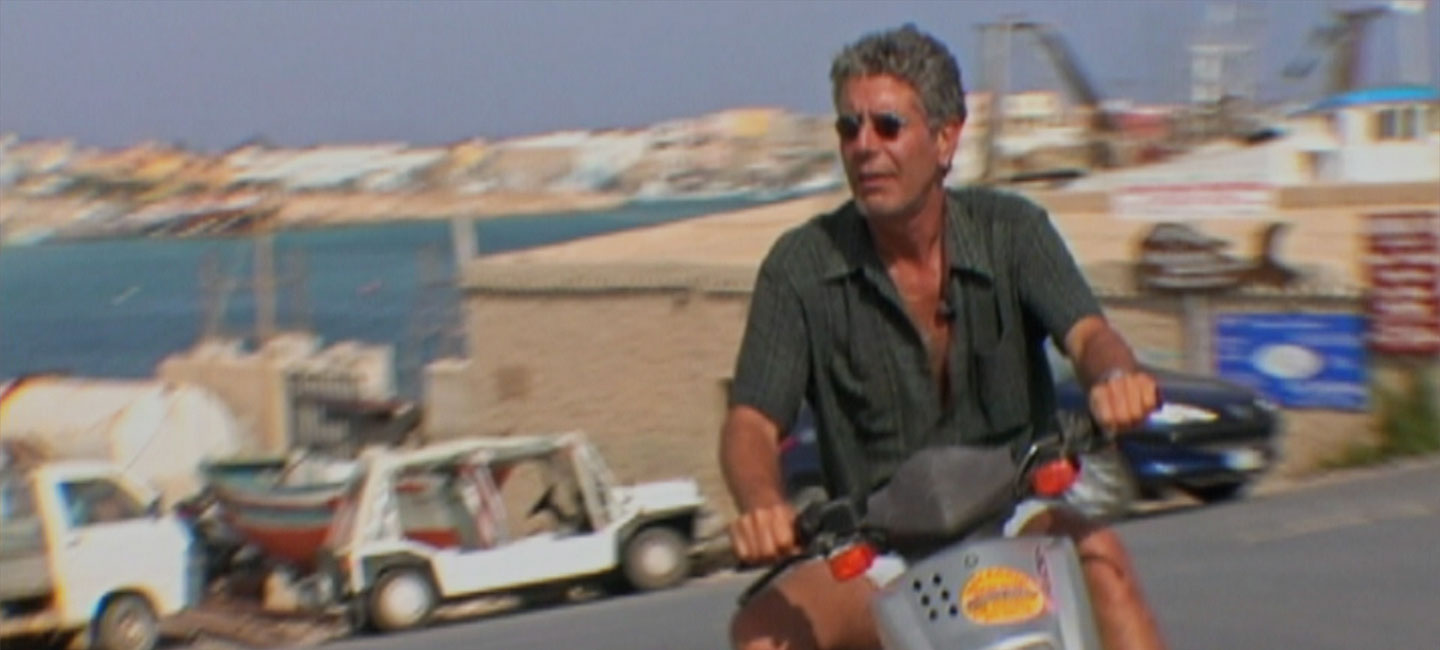
An Addiction to Junk and Later – Life
Anthony Bourdain walks alone through a field at night, illuminated only by the dim light of the moon, his favorite “junkie” song accompanying him. It’s a beautiful sequence. He lies down in the yellow grass and gazes out at the universe, taking it in.
Neville posits an interesting explanation for Bourdain’s obsessions and extremes – an addictive personality. Television work, relationships, and Jiu Jitsu as a replacement for heroin.
As a point of entry, this revelation humanized Bourdain for me, illustrating that he wasn’t just a behemoth of ideals, but a person with problems, like you and I. It seems his life was marked by extremes, and the stability of the kitchen kept him clean. Most notable in my mind is something he said more than once – “your body is not a temple, it’s an amusement park.”
This calls into question that perceived stability. He spent his latter years throwing himself hard into Jiu Jitsu and his relationship with Asia Argento, and maybe this wasn’t about stability, perhaps it was about a rush, perhaps it was about trying to be enough.
As he puts it, he looked in the mirror, and for some reason, saw a person worth saving. It breaks my heart to think he looked in the mirror that final day and didn’t feel that way any longer.
Loneliness on the Road
His quiet personal Iphone videos were effectively used to illustrate just how lonely he was, from the solo day at the beach to saying goodbye to his apartment in New York.
Neville ruminates on this question of loneliness with a breathtaking slow motion shot of Bourdain jumping into a pool, his body breaking the surface sending water upward – asking what the point of paradise is? If you’re alone, is it really paradise?
Three failed relationships and an insecurity about his ability to be a father, he struggled with love. He’s painted like a smitten teen by the end, obsessed with Asia Argento, and he sort of was, grasping at what he felt like was his last chance to prove that he was worth it.
Maybe that was his greatest failure, believing he was unlovable.
His death stings. It’s so hard to watch his closest confidantes cry and wonder – why? Surely he knew they loved him. In the end we’re all left with nothing. That’s just a plain fact. Maybe that’s all death is – nothingness. And, maybe that’s okay.
Hard to Watch
The last part of the film, attempting to answer for his suicide, suggests his failed relationship with Asia Argento as part of the cause.
It was hard to watch, and there’s a part of me that wishes it wasn’t a part of the documentary. Still, there’s another part of me that knows, it had to be. This is all there is, an inkling about why Anthony Bourdain tapped out when he did.
It was hard to watch Bourdain loosen his grip on the reins in Hong Kong, to let Argento direct an episode of Parts Unknown, stopping an asylum seeker mid-interview to reset, as though they’re shooting a scene in a movie, not a docuseries. Bourdain’s desperation becomes apparent, an attempt to hang on to both of his loves, Parts Unknown and Argento.
Argento has a notable absence in the doc, no interview to be found.
Still, I can’t help but empathize with his infatuation, and a good fight to preserve his relationship and life for the sake of love. It is hard to take, to experience his loss, even as a voyeur of his work and life, seeing the disappointment and frustration and sadness of his friends really hits close to home.
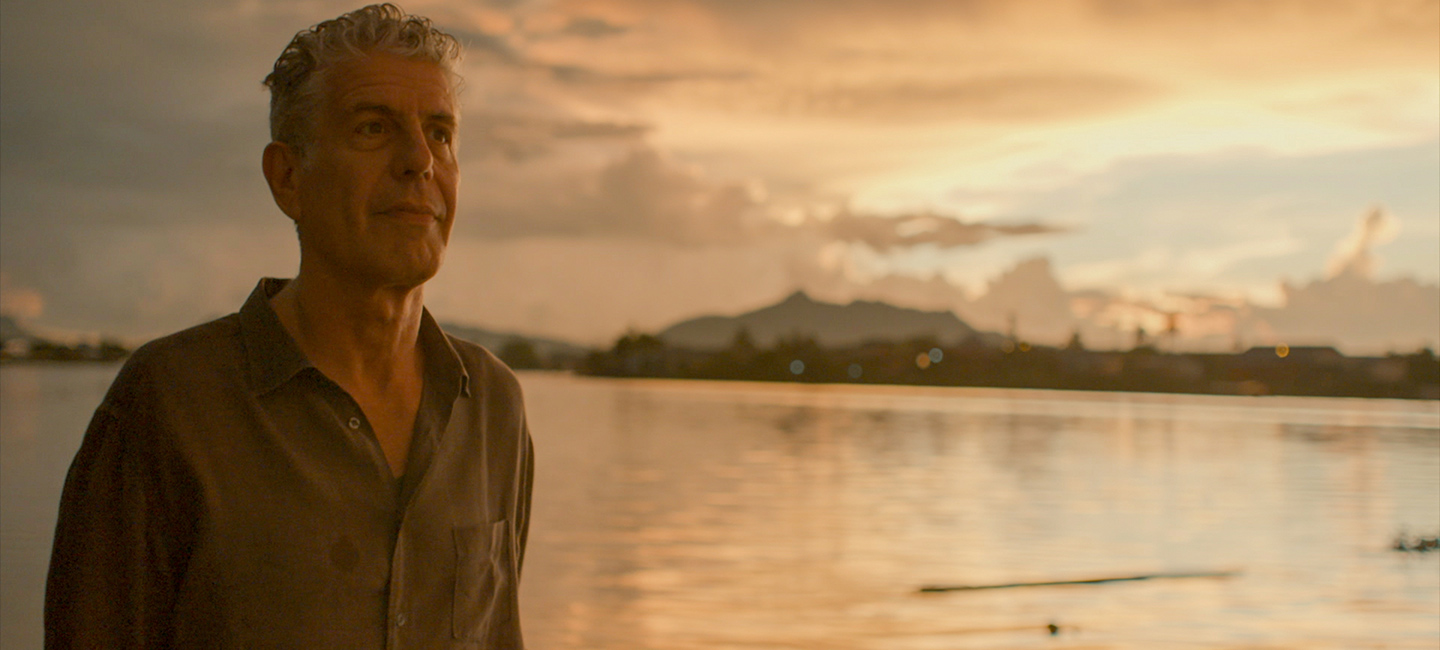
The End
When I think about the man we’ve lost here, and the legacy he leaves behind, the end of this documentary – David Choe defacing a mural of Bourdain, just as he knows he’d want it – is nothing short of perfect.
In the documentary, one of the interviewees talks about how Bourdain wished we didn’t need him, that the ideal way to experience the world would be through a first person perspective. A sequence of beautiful first-person videos ensues, and maybe now, without him, this stands as inspiration to get out there, and see some of the world, it might just change you forever.
Roadrunner: A Film About Anthony Bourdain
Director: Morgan Neville
Editors: Eileen Meyer and Aaron Wickenden
Images courtesy of CNN/Focus Features
2 thoughts on “Roadrunner: A Film About Anthony Bourdain”
Comments are closed.

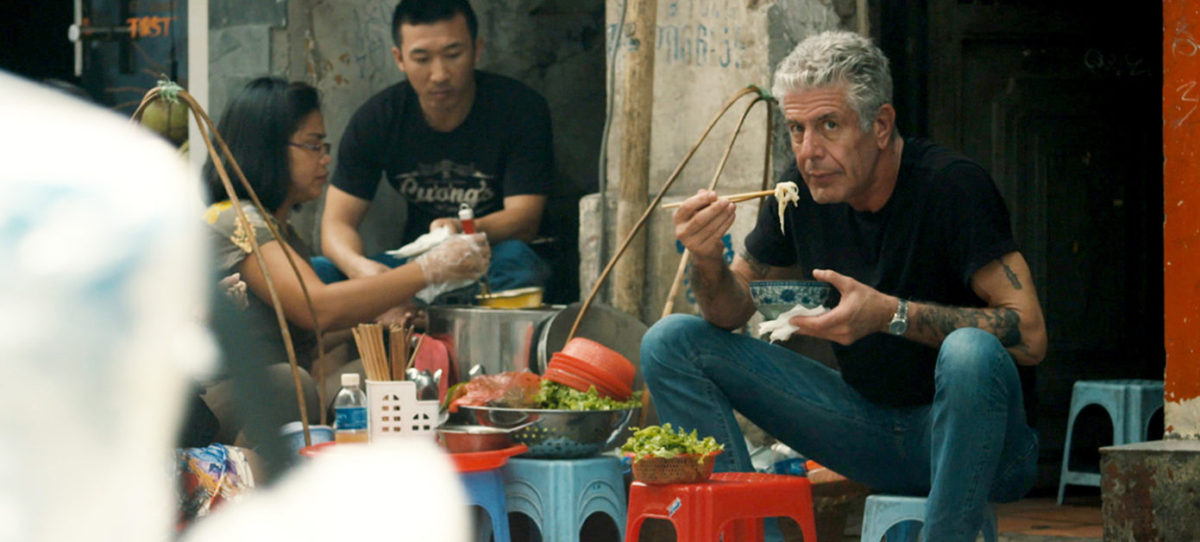
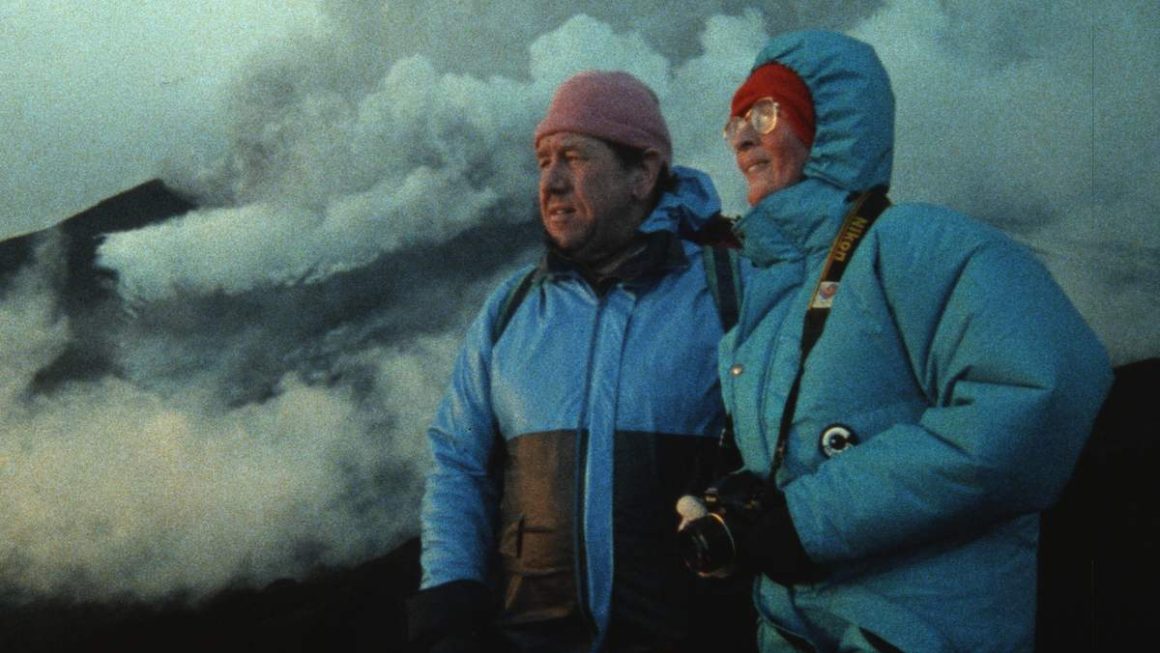
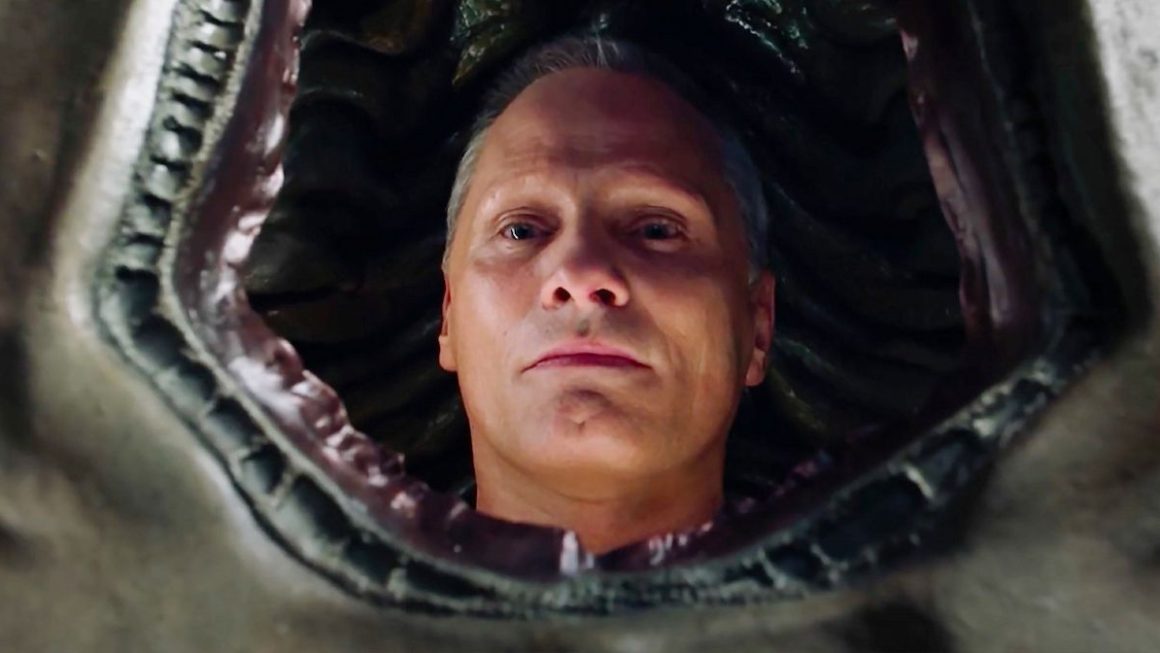
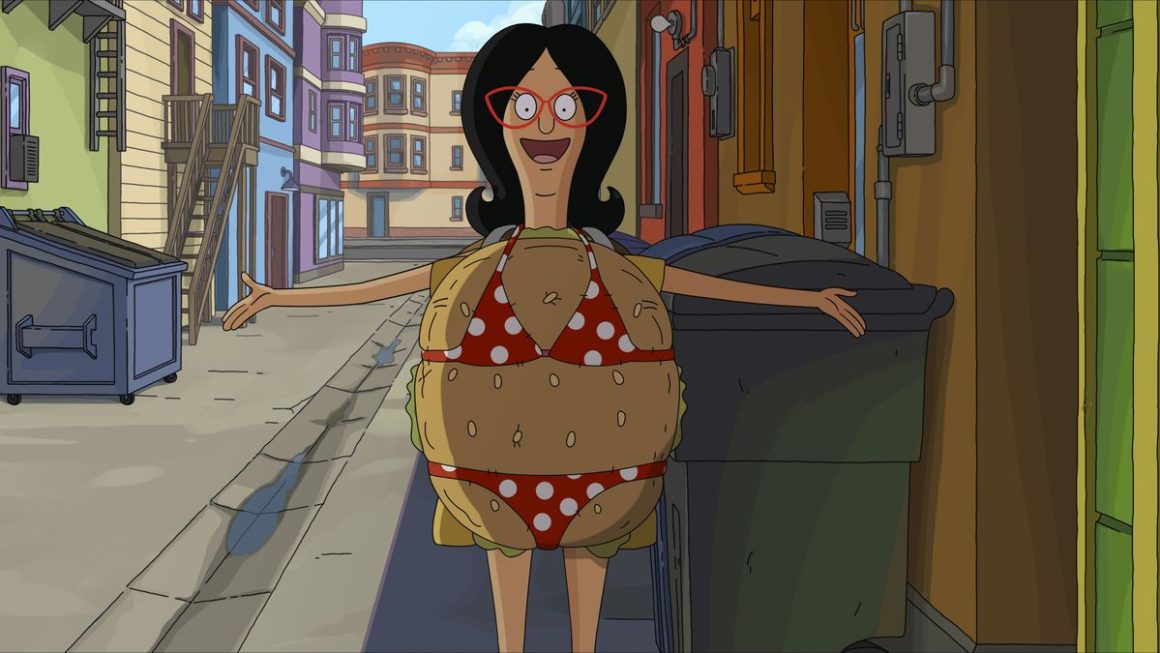
Way to Go Richard! I am so proud of you cuz!
Thank you for the support!